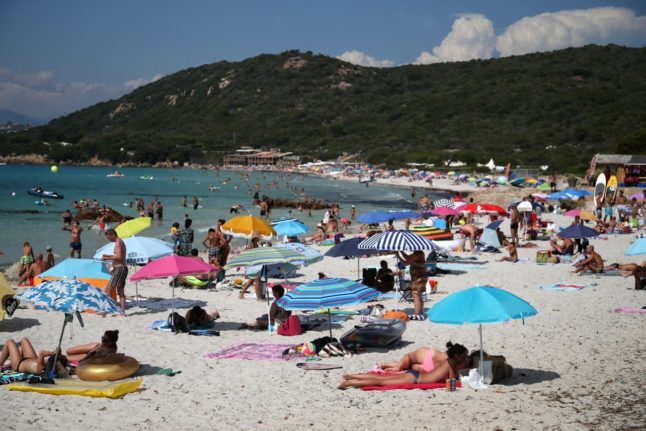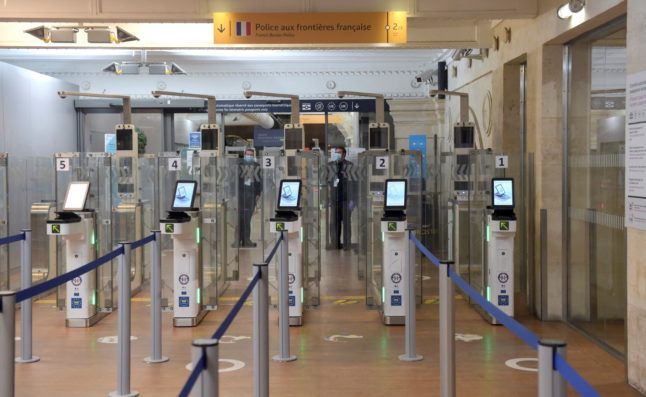The year 2024 is a good one for public holidays if you work in France – you can manage to have 40 days off (including weekends) by taking just 12 days of paid leave. Here’s how…
Jours fériés: How to maximise time off work in France in 2024
In fact, the beginning of the 2024 holiday planning season is a clear indication that Christmas is over. As the festive season draws to a close, here’s how to get rid of your Christmas tree and ensure that it is recycled.
How to dispose of your Christmas tree in France
And the end of the festivities mean something else that’s less enjoyable – looming tax deadlines. From paying property taxes to making the annual income tax declaration, here are the expected deadlines for 2024.
French tax calendar 2024: What are the deadlines for payment?
As we’re talking figures, here’s an article from the archives in which we attempt to explain French numbers – and why they will never change.
How did the French end up with their ‘crazy’ numbers?
Oysters have long been a staple of Christmas and New Year celebrations in France – but a serious health scare meant people have been warned off buying the delicacy in recent weeks. Are they safe to eat again?
EXPLAINED: Are French oysters safe to eat again?
More food-related writing to round off this week’s round-up. French families need little excuse to indulge themselves, and mark the end of the festive season by scoffing down a pastry fit for kings. Here’s the story of the Galette des Rois – a tart that can make you feel like royalty.



 Please whitelist us to continue reading.
Please whitelist us to continue reading.
Member comments